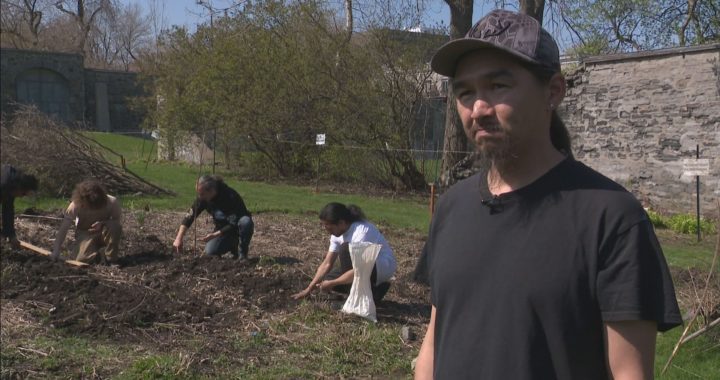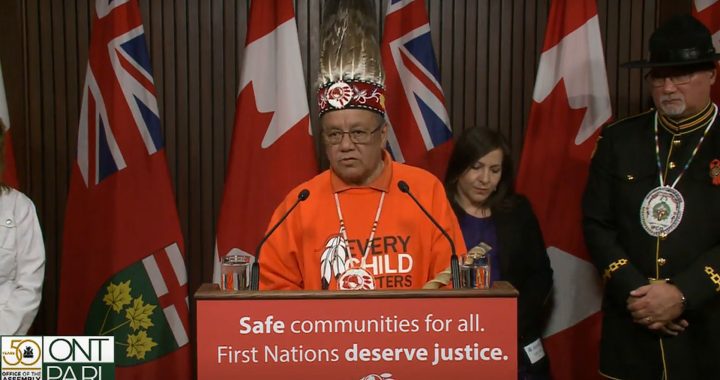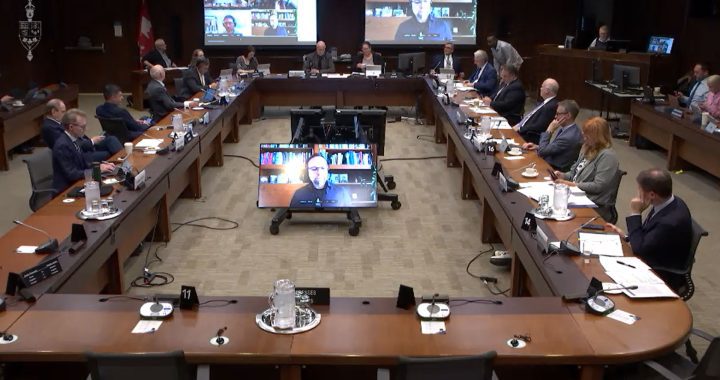A new collective voice on child welfare in remote northern communities has been launched at a conference in Saskatoon.
The National Assembly of Remote Communities is made up of the Federation of Sovereign Indigenous Nations in Saskatchewan (FSIN), the Nishnawbe Aski Nation (NAN) in Ontario, Manitoba Keewatinowi Okimakanak (MKO) and leaders from the Assembly of First Nations (AFN) leaders in northern Alberta and the Northwest Territories.
NAN Deputy Grand Chief Bobby Narcisse says Canada has failed youth and families for decades.
“I am encouraged that we now have a healing path forward,” he said. “The launch of the National Assembly of Remote Communities is an important step on our journey of long-term reform that will be First Nations-led, as treaty and Indigenous rights holders, and based on our inherent authority to care for our children.”
The assembly grew out of the $20 billion child welfare compensation package announced last year.
While the package was welcomed, the assembly says it will create other issues they’ve seen come out of past compensation deals.
FSIN Vice-Chief David Pratt says they are concerned about how the young people receiving these payouts will cope.
“Suddenly a vulnerable person suffering unresolved trauma, has multiple addictions issues around drugs or alcohol, well suddenly when they’re dropped $180,000 $200,000 on them,” said Pratt. “They’re not capable of being responsible or they have addictions issues-and we heard about this through past payments, past compensation packages, a number of people weren’t at a good place in their healing journeys, basically drank and drugged themselves to death and had nothing to show for it.”
Pratt said while no amount of money will ever be enough to address the abuse and trauma the welfare system has caused, leaders want safeguards like trust funds and staggered payments for the recipients.
“We’d like them to be able to pay for schooling, if they’re not eligible, put a down payment on a house, do something constructive and positive where they’re building a good future upon the compensation funding they’re going to receive,” he said.
Pratt said the assembly also feels funding set out for northern communities is not enough.
“In the agreement in principal, it talked about a 15 per cent top up when it comes to funding for northern and remote communities but we know that that number is significantly higher and we felt like 15 per cent wasn’t enough for them to be able to address the long-term reform around the child welfare funding,” said Pratt.
The National Assembly of Remote Communities will be meeting through Thursday in Saskatoon. It hopes to have a list of priorities to present to the federal government when the assembly wraps up.









